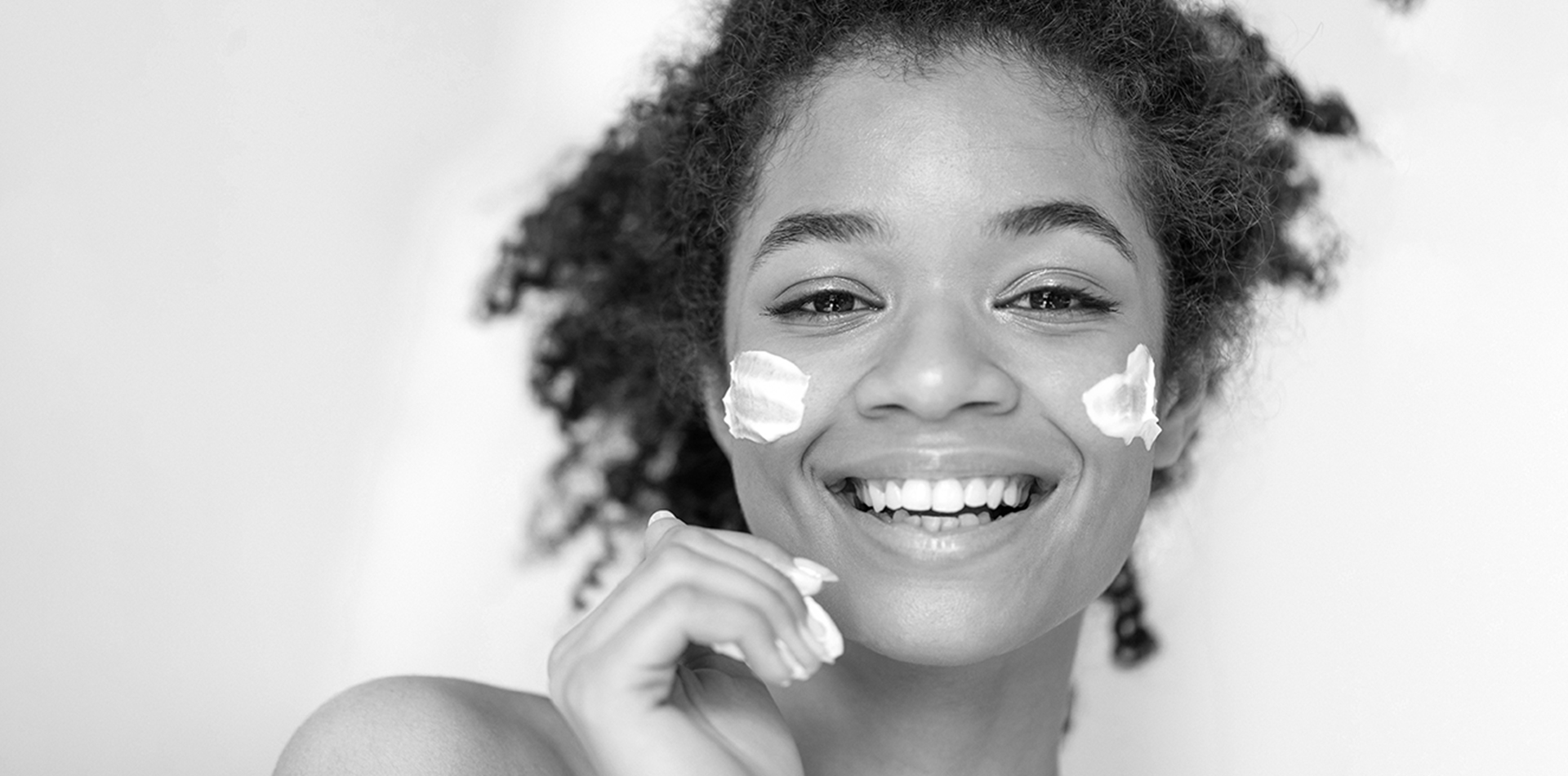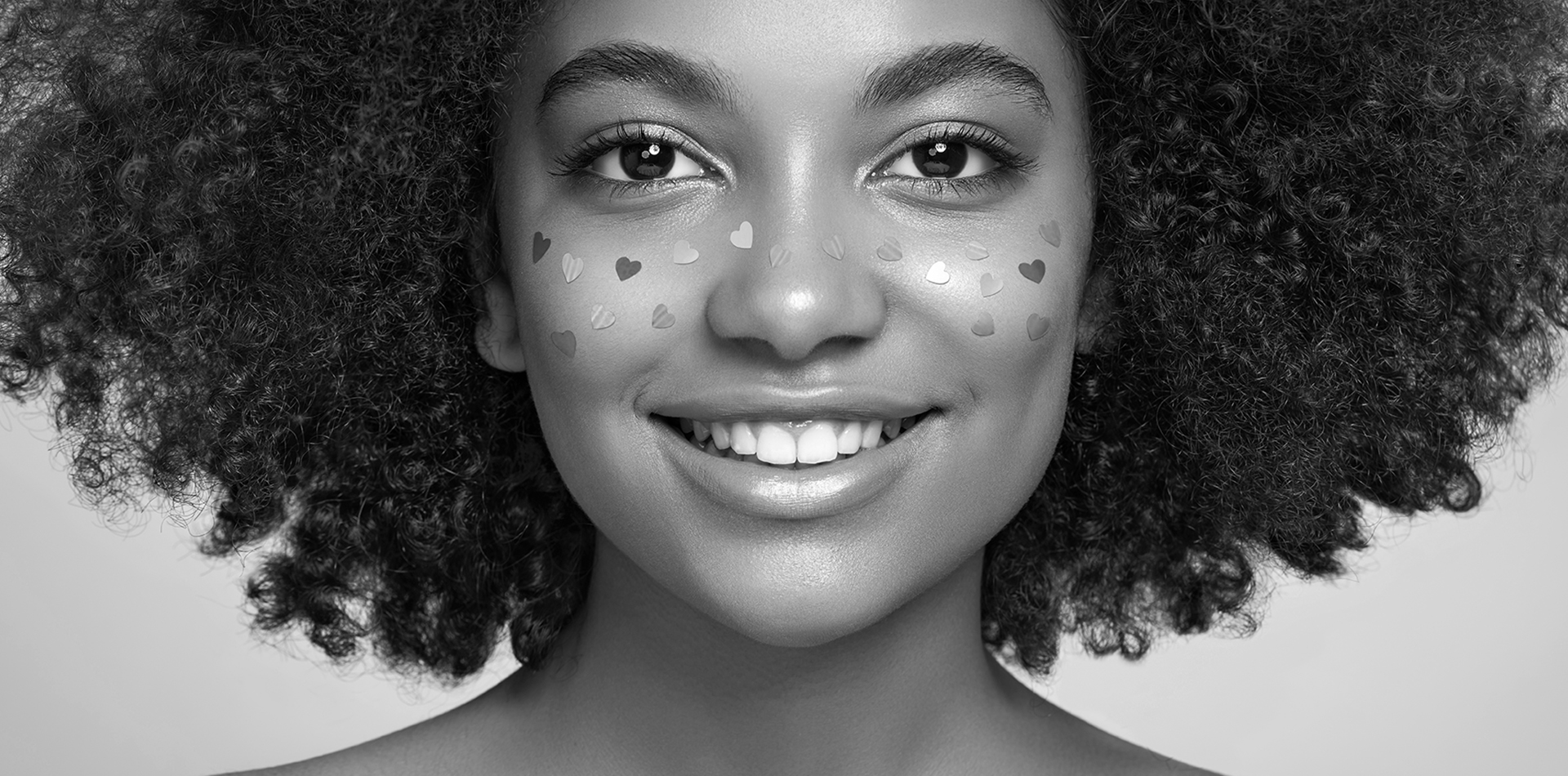By Young Solution on 5 August 2024
Acne is a skin condition that affects millions of people around the world. It can cause various types of skin lesions, like blackheads and whiteheads.
Understanding the different types of acne is the first step in developing a skincare routine that can help prevent breakouts and keep your skin looking healthy and beautiful.
In this article, we’ll discuss what causes acne and how to care for your skin to prevent or minimise symptoms.
What are the different types of acne?
Comedones: Comedones are acne lesions that can lead to blackheads, whiteheads, and other kinds of acne. It is formed when a hair follicle becomes clogged with excess sebum (the oil our skin’s sebaceous glands produces) and dead skin cells – and a small, raised bump appears on the skin.
Whiteheads: Whiteheads are closed comedones that form when a clogged pore is covered by a thin layer of skin.
Blackheads: Blackheads appear when comedones are not covered by skin, and because they are open to the air, this kind of pimple darkens due to oxidisation.
Papules: Papules can be painful and are small, red bumps caused by inflammation.
Pustules: Pustules are similar to papules but often have a white or yellow centre.
Nodular acne: Nodular acne causes nodules that are large, hard, tender lumps within the skin – often as a result of an infection.
Cystic acne: Cysts are large (sometimes) pus-filled lumps that are more painful than nodules.
Acne conglobata: This is a severe form of nodulocystic acne, which means large, interconnected nodules and cysts characterise it.
Hormonal acne: As the name suggests, this type of acne is caused by hormonal changes and is most commonly seen in teenagers and women.
Acne mechanica: This type of acne is caused by friction or pressure on the skin, for example, from wearing tight clothing or training on sports equipment.
Cosmetically-induced acne: Cosmetic products, like heavy or oily makeup, can block pores and lead to a breakout called cosmetically-induced acne.
Acne fulminans: Acne fulminans is a severe form of acne that is characterised by the sudden onset of painful, inflammatory nodules and systemic symptoms such as fever and joint pain.
Drug-induced acne: Acne can also occur as a result of taking certain medications.
Fungal acne: Fungal acne is a skin condition that resembles traditional acne but is caused by a type of naturally occurring yeast and is not a true form of acne. This kind of acne manifests as small, white bumps on the skin, usually in areas with high levels of sebum production, like the face, chest, and back.
How to prevent acne breakouts
Clean and moisturise daily
What triggers acne can vary from person to person, but one of the most common causes of acne is clogged pores. Because when excess oil, dead skin cells, and bacteria get trapped in our hair follicles, it creates an ideal environment for a pimple to form.
So, an effective skin care routine for acne includes cleansing your skin twice a day with a mild soap, followed by a non-comedogenic moisturiser. However, you should not exfoliate every day as this can irritate and inflame your skin, triggering or worsening a breakout. And make sure you use products that are gentle and specifically designed for acne-prone skin.
Try to relax
Stress can disrupt hormone production, which can lead to acne breakouts. Therefore it is crucial to find ways to relax. A hot bath has proven to be a very effective way to channel some much-needed chill. Get the most out of your soak and treat your skin to a weekly face mask.
You can also opt for a good workout, meditation, or a walk outdoors to unwind. Or spend some time pursuing your hobby, or listening to music. Whatever it is – do it and do it regularly.
Eat better
A diet high in sugar and processed foods can mess with your hormone levels, increase inflammation, and bring on pimples. Good skin health relies on a diet of nutrient-dense foods with ingredients that can help to hydrate the skin and protect it from damage caused by free radicals.
Eating a balanced diet rich in vitamins, minerals, and antioxidants provides the necessary building blocks for skin cells to regenerate, repair, and maintain elasticity, resulting in a clearer complexion, reduced wrinkles, and improved overall skin health.
Drink more water
Drinking water is essential for optimal skin health because it helps to hydrate the skin, remove toxins, improve skin elasticity and prevent wrinkles. It also helps to regulate body temperature and maintain the balance of skin oils. Adequate hydration of the skin is crucial to prevent dryness and flakiness, which can trigger acne.
Discover more about Young Solution products and how to use them to achieve your skincare goals – visit our blog today and follow us on Facebook.
Disclaimer: The information contained in this article is for educational and informational purposes only. It is not intended to diagnose, treat, cure or prevent any skin conditions. Always consult a qualified healthcare provider for any skin concerns or questions.
RELATED ARTICLES

5 August 2024 by Young Solution
The best regime for problem skin
Several factors contribute to problem skin, and it can be a frustrating experience trying to find the best way to treat it.
Read More

5 August 2024 by Young Solution
Manage acne like a pro: Is charcoal soap good f...
Acne is a common skin condition that affects people of all ages but is particularly common in teenagers and young adults.
Read More